We are living in the historical autumn days - the 78th anniversary of the August Revolution and National Day, September 2. Right at this time, on social networks, the text of the Abdication Proclamation (1945) of Bao Dai - the last king of the feudal regime of Vietnam is spreading. In fact, if only the Abdication Proclamation appeared on the Internet, this would not be worth discussing, anyone interested in history can easily look up and read the text of the Abdication Proclamation. If one wants, one can completely compare the "beautiful words and ideas" in the Abdication Proclamation with the subsequent actions of King Bao Dai to see if they are consistent. However, it is worth mentioning that, because of this incident, many people have taken advantage of it to demand a review and re-examination of an event that seems to have nothing to discuss: the August Revolution of 1945 - a historical event that opened a new era for many oppressed countries, not just Vietnam.

Image recreating the space of the abdication ceremony of King Bao Dai and the handing over of the seal and sword to the representative of the Government of the Democratic Republic of Vietnam. Photo courtesy of the Thua Thien - Hue Museum of History
In order to avoid being labeled as “homegrown”, I would like to start this article with the evaluation of the 1945 revolution by foreign historians, including Vietnamese who were on the other side of the battle line. Please note that the Vietnamese appearing in this series of articles are of two groups: the first group, who were once part of the revolution but then “changed direction”, the second group includes leading figures in the Nguyen Dynasty. They opposed to the end the Vietnamese revolutionary government led by the Communist Party of Vietnam , but before leaving this world, they spoke out objectively.
Foreigners talk about the August Revolution
In the book “The Vietnamese Revolution of 1945-Roosevelt, Ho Chi Minh and de Gaulle in a World at War” published in 1991, Norwegian historian S. Tonnesson (a prosperous country in Northern Europe) assessed that after the National Day, President Ho held a general election and established a legitimate government based on democratic freedom.
“The revolution in Vietnam in 1945 was a national liberation revolution, not only that, it was also a political revolution against the corrupt monarchy and a social revolution against landowners and tax collectors” - commented the historian from Northern Europe. According to this Western historian, “the Vietnamese revolution is important and not purely in the context of Vietnam.
Vietnam’s 1945 Declaration of Independence was among the main inspirations for another major post-war struggle, the process of decolonization. Among communist revolutions, the Vietnamese revolution stands out as one of the most vital and disruptive.”
For many French experts, researchers and historians, the August Revolution of the Vietnamese people is a particularly impressive event. French historian Alain Ruscio wrote: “Vietnam’s victory in 1945 was not only a surprising event, it was a logical necessity in the history of the Vietnamese people’s struggle movement.
In particular, Vietnam was the first nation among the nations in the world colonized by French colonialism to succeed in its resistance. The victory of the August Revolution in 1945 had a great influence on the independence movement of colonial countries in the world at that time, especially those in Africa.
At that time, President Ho Chi Minh played an important role, being the first person to declare independence of a colonial country. The historian from the "home country" analyzed that after World War II, colonialism still existed, at that time, 1/3 of the world's people had to live under the occupation of French, British and Portuguese colonialists.
“In such a context, Vietnam is a mirror, a symbol of the struggle for independence, the colonized peoples need to speak up,” he analyzed. This historian has more than 15 works written about Vietnamese history, resistance wars, and the August Revolution of 1945 in Vietnam.
After more than 30 years of researching Vietnamese history, the more he studied and researched, the more fascinating and admirable the French historian found the victories of the Vietnamese people in the resistance wars, especially the victory of the August Revolution.
Also coming from the “motherland of France”, the famous historian Charles Fournieau acknowledged that the August Revolution was an extremely important revolution not only for Vietnam. This was a real revolution, with the consensus and joint efforts of the entire nation rising up to gain national independence.
Charles Fournieau commented that the Vietnamese revolution had a great impact on the world, especially on the colonial countries at that time. The August Revolution of 1945 marked an important moment in the history of Vietnam, reflecting the just resistance of the Vietnamese people against the occupation of foreign invaders, and at the same time marking the transition to a new period of the Vietnamese revolution.
Not only that, the success of the August Revolution in Vietnam also had international significance, because this was one of the first national liberation movements in the world. For the revolutionary movement in Indochina as well as the world, the August Revolution in Vietnam played a particularly important role.
As mentioned once, about four years ago, a diplomatic officer who used to work at the Foreign Affairs Committee of the National Assembly told the newspaper VietNam.Net the story that in 1982, just 7 years after the country was unified, an American, who was an intelligence officer, asked the leader of our country at that time to visit the mausoleum of President Ho Chi Minh.
At that time, the war had just ended, so the decision to let a former American intelligence officer visit President Ho Chi Minh's Mausoleum was not a simple one. It turned out that this former intelligence officer, by historical fate, was the one who was invited by Uncle Ho himself to attend the Declaration of Independence ceremony in Hanoi in the fall of 1945.
Before visiting Uncle Ho's mausoleum, people asked him why he was visiting and he replied: "I am going to see an old friend, to see my great friend". When he arrived in front of the mausoleum, he saw a line of words written in Vietnamese, which the former officer did not understand, so the diplomatic officer translated for him: "Nothing is more precious than independence and freedom". After listening to the translation, the former American officer said that Uncle Ho's words are the common value of humanity, of course, including America.
Vietnamese voice on the other side
If you pay attention, you will see that every time a Western historian, writer, or international researcher gives a good assessment of Vietnam (through each historical period) under the leadership of the Communist Party of Vietnam, domestic "democrats" accuse them (foreign researchers) of being leftists.
The implication of “democracy and human rights” advocates is that the opinions of foreign experts and historians on Vietnam’s revolutionary history are not trustworthy, because they are influenced by emotions and “bought by the communists”. In reality, this is not the case.
The above article cited the assessment of Western researchers about the August Revolution, so what do the characters and witnesses (of Vietnam) who were on the other side of the battle line say about this autumn revolution?
A long time ago, while he was still alive, in an interview with writer Thuy Khue on RFI radio (broadcast in Vietnamese) of France, Mr. Hoang Xuan Han, who held the position of minister in the Tran Trong Kim cabinet, affirmed that in the 1940s, the Viet Minh front put the issue of national independence first.
During that historical period, it was the French colonialists and a number of other forces that supported and incited the Nationalist Party organization to oppose the Viet Minh's policies, although this organization was not without passionate patriots.
“From the perspective of a historian, how do you evaluate the role of Ho Chi Minh?” Ms. Thuy Khue continued to ask. Scholar Hoang Xuan Han answered without hesitation that President Ho Chi Minh’s role in national independence was extremely great, “Our country is now independent and unified, Ho Chi Minh’s contributions are great, no different from the period when Le Loi drove out the invading Ming army”- Mr. Hoang Xuan Han said.
“How do you evaluate Ho Chi Minh? “He is a man from Nghe An with a sense of honor. Ho Chi Minh’s father and grandfather shared the same aspirations as Phan Dinh Phung and Cao Thang. At first, Ho Chi Minh called for and hoped that the international community would help Vietnam gain independence and he patiently waited. But later, he realized that only we can liberate ourselves,” Hoang Xuan Han told RFI, a French radio station.
Viet Dong
(To be continued)
Source








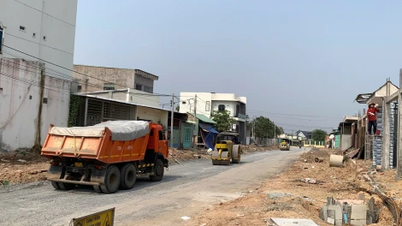




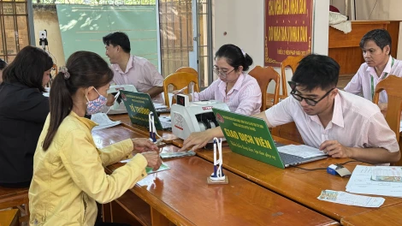
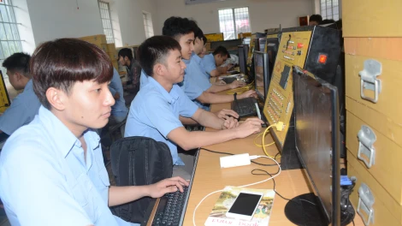




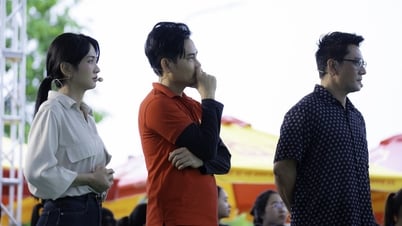
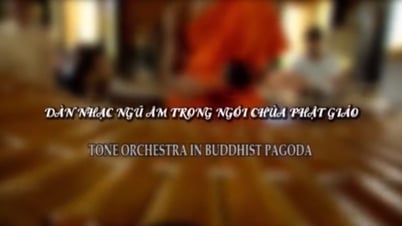


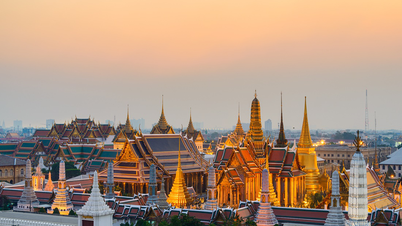
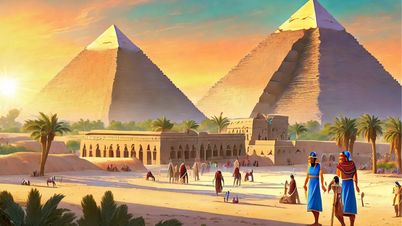
![[Photo] Prime Minister Pham Minh Chinh receives leaders of several Swedish corporations](https://vphoto.vietnam.vn/thumb/1200x675/vietnam/resource/IMAGE/2025/6/14/4437981cf1264434a949b4772f9432b6)









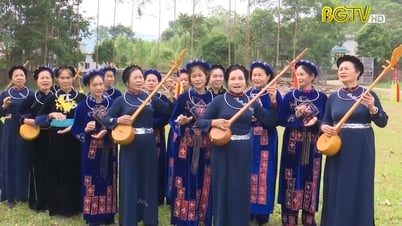










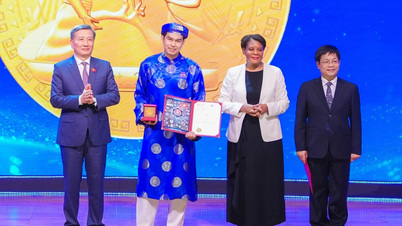










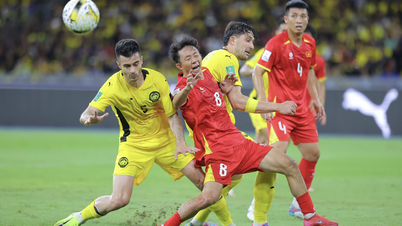










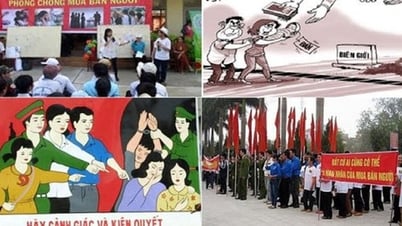
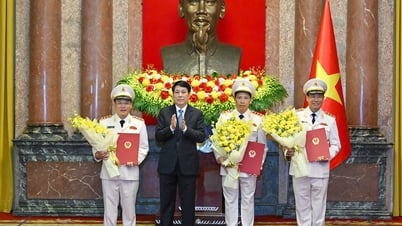





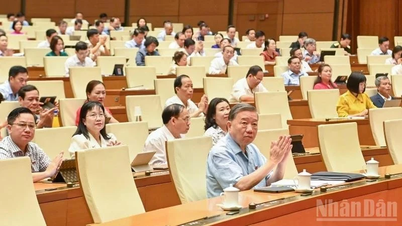

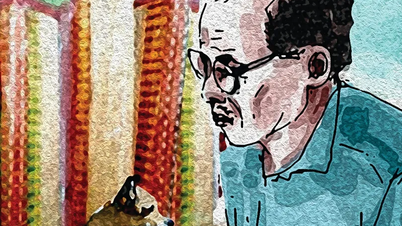



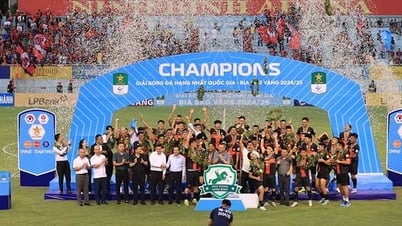









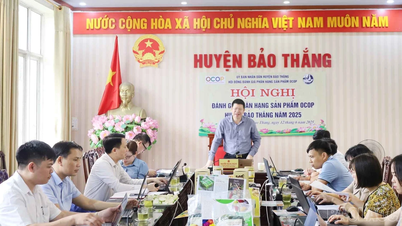



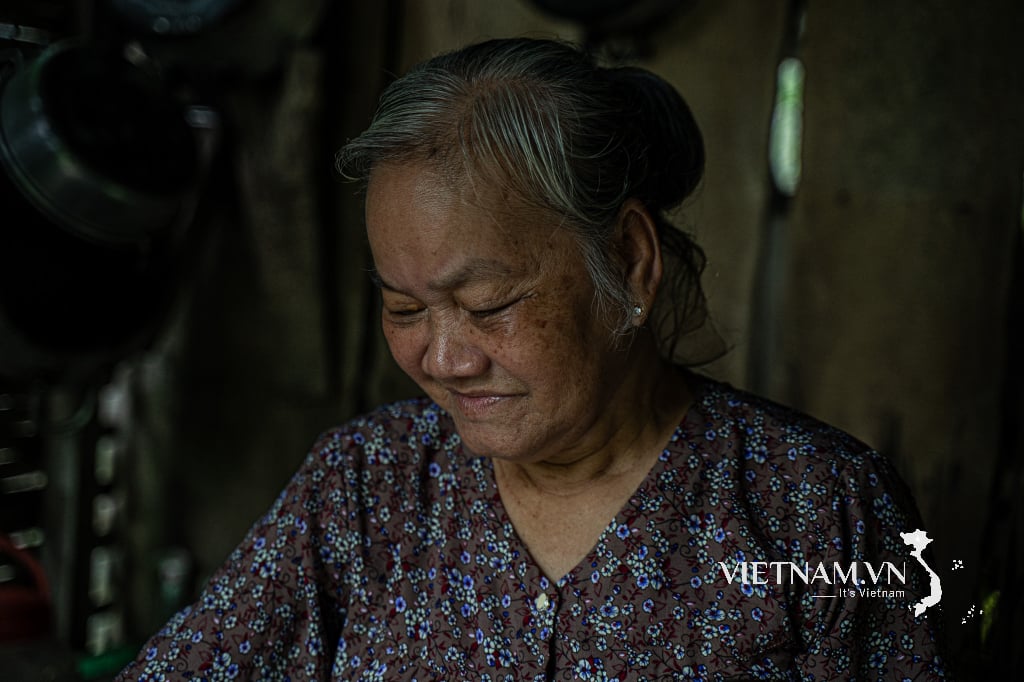
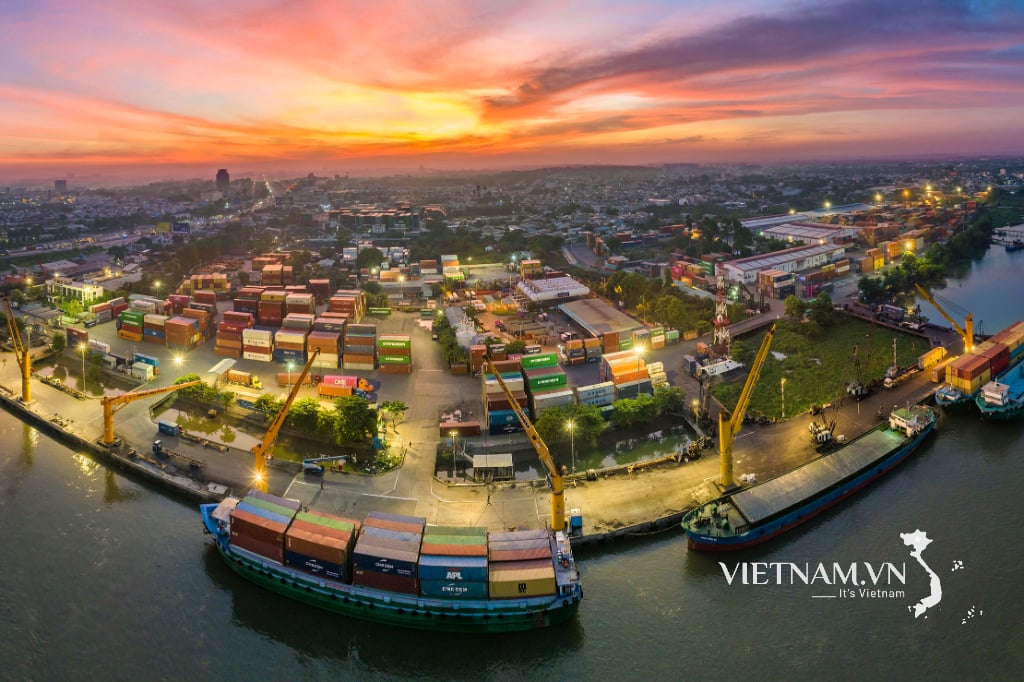

Comment (0)